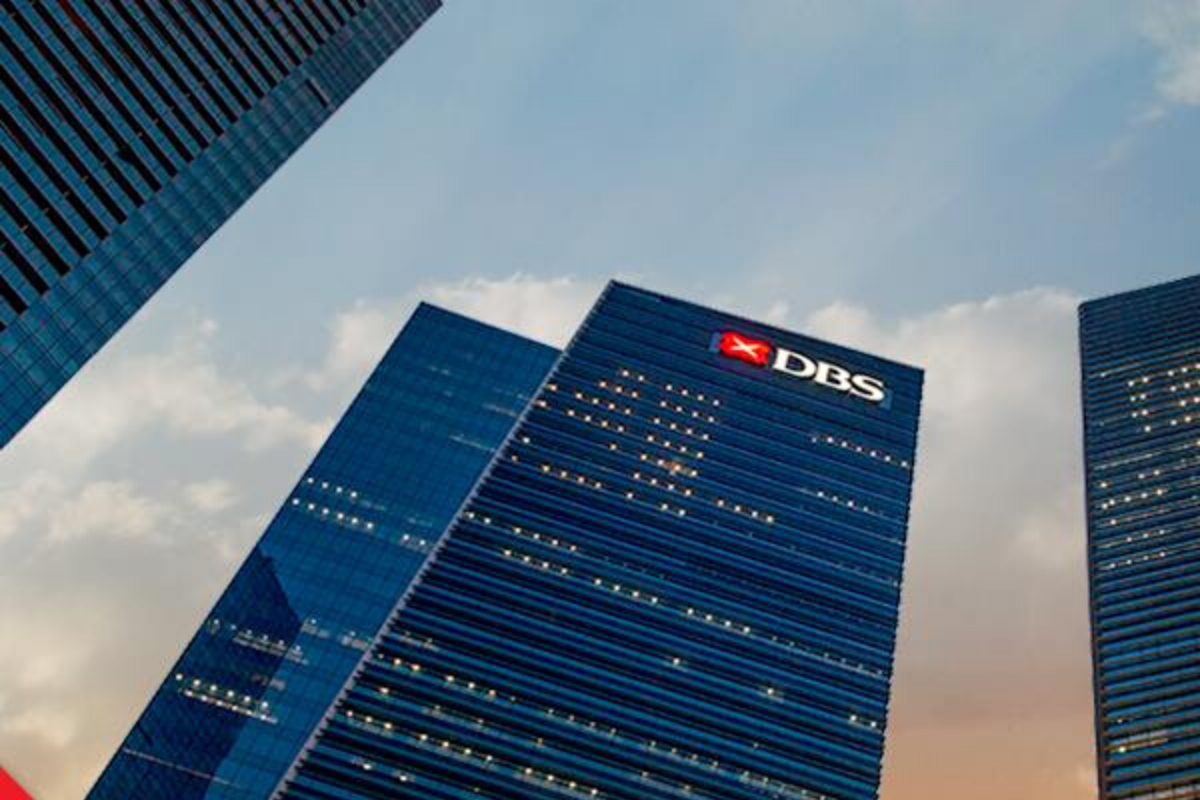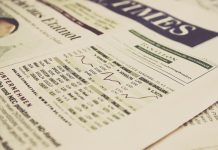
The CEO of Singaporean bank DBS says the global economy is likely to face "more pain" as companies brace for the end of relief measures.
The economic damages brought by the coronavirus pandemic may worsen when relief measures end. Meanwhile, banks may deal with “far more damage” to their balance sheets, according to Piyush Gupta, group chief executive of Singaporean bank DBS.
He told CNBC’s “Managing Asia” anchor Christine Tan that government stimulus in several countries is assisting businesses face this difficult period. However, many of them may not survive when those measures come to an end.
“If a lot of companies are not able to survive ... you’ll have this million-dollar question of how do you deal with these ‘zombie companies,’” said Gupta.
“Do you keep putting money ... using public finances to support companies or do you let creative destruction happen a la Schumpeter? This is going to be a real challenge particularly in the SME space around the world, I suspect this will be a big, big challenge next year,” he noted.
Gupta was explaining a concept first thought of by Austrian economist Joseph Schumpeter, which refers to the process of dismantling the old to move forward with the new and improved.
Politics
According to Gupta, governments may also find it hard to continue aiding businesses financially due to politics and civil society. That “means that you’ll start seeing a lot more default, which in turn means that you’ll start seeing the problems spill over to the financial sector,” he stressed.
Gupta said there would be “far more damage” to their balance sheets. However, banks globally have initially entered the current pandemic-induced crisis strong and can take on “a lot more pain” compared to the global financial crisis over a decade ago, he noted.
Financial forecast
The Singaporean government has predicted an economic contraction of between 4% and 7% this year which could become the country’s worst downturn since its independence in 1965.
Government officials have implemented measures to aid households and businesses, including the deferment of some of their loan repayments until the end of this year.
Relief measures
According to Ravi Menon, managing director of the MAS, the relief measures will “see us through the worst part of the crisis” but they cannot take place forever. He said that the accumulation of debt could force the risk of default “further down the road.”
Gupta said DBS has made “some fairly draconian assumptions around the number of SMEs that are likely to be unable to survive” in its internal stress testing. He warned that the ratio of bad loans could be worse than the level seen during the global financial crisis.
“I think you will see more stress on the financial system in the later part of this year and next year without a doubt. And that’s just because the fallout of the macroeconomic shock has still to filter through the financial system at this point in time, I think it will come,” he said.
“If we voluntarily cut dividend, I think it’ll be a fair bet to say that we think the outlook is grimmer than we had originally anticipated,” added Gupta.






